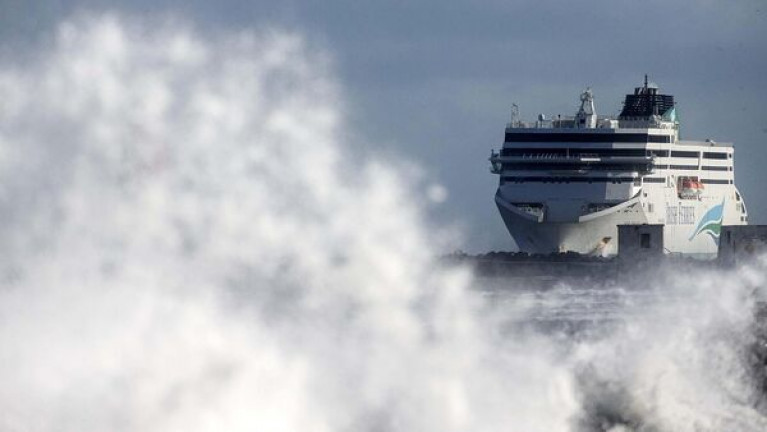Displaying items by tag: Compensation
Irish Ferries Setback In Bid to Avoid Compensating 20,000 Passengers Hit by Cancelled Sailings
Operator, Irish Ferries has suffered a setback in its legal challenge to avoid paying compensation to thousands of passengers whose trips were cancelled on sailings between Ireland and France in the summer of 2018.
The ferry company contends that a decision by the National Transport Authority requiring it to pay compensation to many of the 20,000-plus passengers who had to change their travel plans is invalid, irrational, disproportionate and in breach of its rights under the Constitution and EU law.
However, a legal opinion issued by the Court of Justice of the EU on Thursday ruled that the EU regulations providing that compensation is payable to sea passengers affected by cancelled sailings applied to the Irish Ferries case.
It also found that Irish Ferries should pay any additional costs incurred by passengers who availed of re-routing options.
Although the legal opinion is not binding on the CJEU, its recommendation is followed in the vast majority of cases.
Further reading here on this development.
New EU Passenger Rights for Sea & Inland Waterways
The European Parliament and European Council have formally adopted a regulation giving new compensation rights to passengers using water transport. The regulation is expected to come into force at the end of 2012.
"People are entitled to enjoy the same levels of quality and safety wherever they travel within the European Union. I am very glad that after introducing rights for air and rail passengers, we are now also able to introduce similar rights for passengers travelling by water" said Siim Kallas, Commission Vice President and responsible for transport.
The new regulation that will enable passengers travelling by sea and by inland waterways to enjoy the same rights wherever they travel in the European Union. The information can be viewed in full from the Irish Maritime Development Office (IMDO) website: www.imdo.ie
Below is a list of the new Passenger Rights.
•guarantee of reimbursement or rerouting in situations of cancellation or of delay at departure of more than 90 minutes;
•adequate assistance (such as snacks, meals, refreshments and, where necessary, accommodation up to three nights, with a financial coverage up to €80 per night) in situations of cancellation or delay at departure of more than 90 minutes;
•compensation, between 25% and 50% of the ticket price, in situations of delay in arrival or cancellation of journeys;
•non-discriminatory treatment and specific assistance free of charge for disabled persons and persons with reduced mobility both at port terminals and on board ships, as well financial compensation for loss or damage of their mobility equipment;
•minimum rules on information for all passengers before and during their journey, as well as general information about their rights in terminals and on board ships;
•establishment by carriers and terminal operators of complaint handling mechanism available to passengers;
•establishment of independent national bodies for the enforcement of the regulation, through, where appropriate, the application of penalties.
In addition further detailed information about passenger rights in all modes of transport can be found HERE.
























































